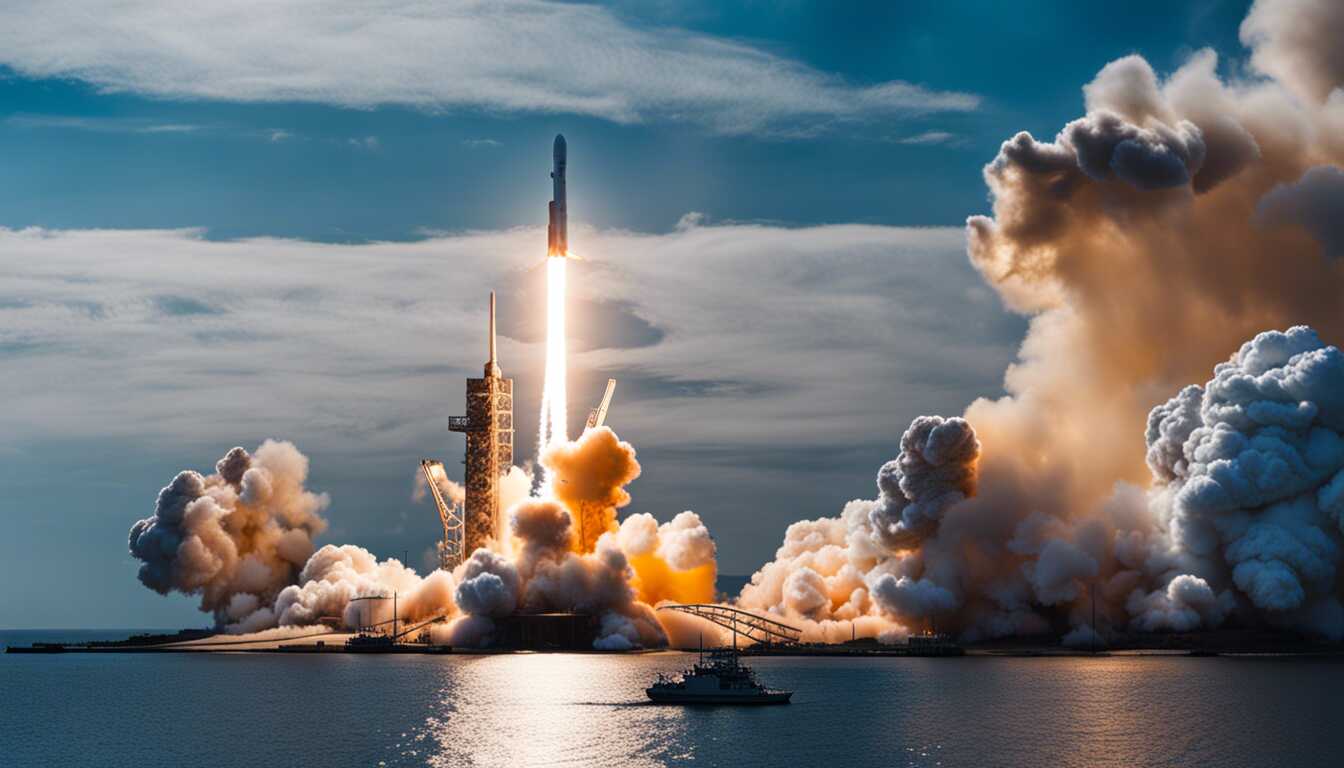
SpaceX gains traction in Indonesia's satellite industry, outpacing Chinese contractor

In a significant turn of events, Indonesia is re-evaluating its options for satellite launches following a Chinese rocket malfunction in April 2020. The incident resulted in the destruction of Indonesia's $220 million Nusantara-2 satellite, prompting the country to reconsider its reliance on Chinese contractors and turn towards the United States-based SpaceX for future satellite launches.
SpaceX's ascendancy over China Great Wall Industry Corp
The failed launch of the Nusantara-2 satellite by China Great Wall Industry Corp (CGWIC) served as a turning point for Indonesia's space aspirations. Elon Musk, the founder of SpaceX, capitalized on the opportunity presented by the malfunction to position his company as the preferred choice for satellite launches in Indonesia. The reliability of SpaceX's launches, coupled with the cost-effectiveness of reusable rockets, played a pivotal role in edging out CGWIC.
Indonesia's Shift Towards SpaceX Following the setback with CGWIC, SpaceX successfully secured contracts to launch Indonesian satellites, marking a departure from the country's previous reliance on Chinese contractors. Additionally, the personal rapport nurtured by Musk with Indonesian President Joko Widodo also played a significant role in SpaceX's ascendency in the Indonesian space market. SpaceX's achievements in Indonesia also extended to regulatory approvals for its Starlink satellite internet service, further strengthening its position in the country.
Challenges and implications of the shift
The shift in preference from Chinese to American companies for satellite launches in Indonesia reflects a broader trend in the global space industry. It signifies a rare instance of a Western company making significant inroads in Indonesia's telecommunications sector, which has traditionally been dominated by Chinese companies. The success of SpaceX in Indonesia also comes amidst the backdrop of geopolitical tensions between the United States and China, particularly in the realm of space technology and satellite-based communications networks.
Implications for the global space industry
The competition between SpaceX and China in Indonesia offers insights into the larger battle for dominance in the rapidly expanding space industry. With the global satellite market witnessing substantial growth, the strategic positioning of companies like SpaceX and CGWIC holds significant implications for the overall dynamics of the space industry. As the United States and China vie for supremacy in the space domain, the interactions between private companies, government agencies, and international partnerships will continue to shape the future of space exploration and satellite technologies.
Share news















